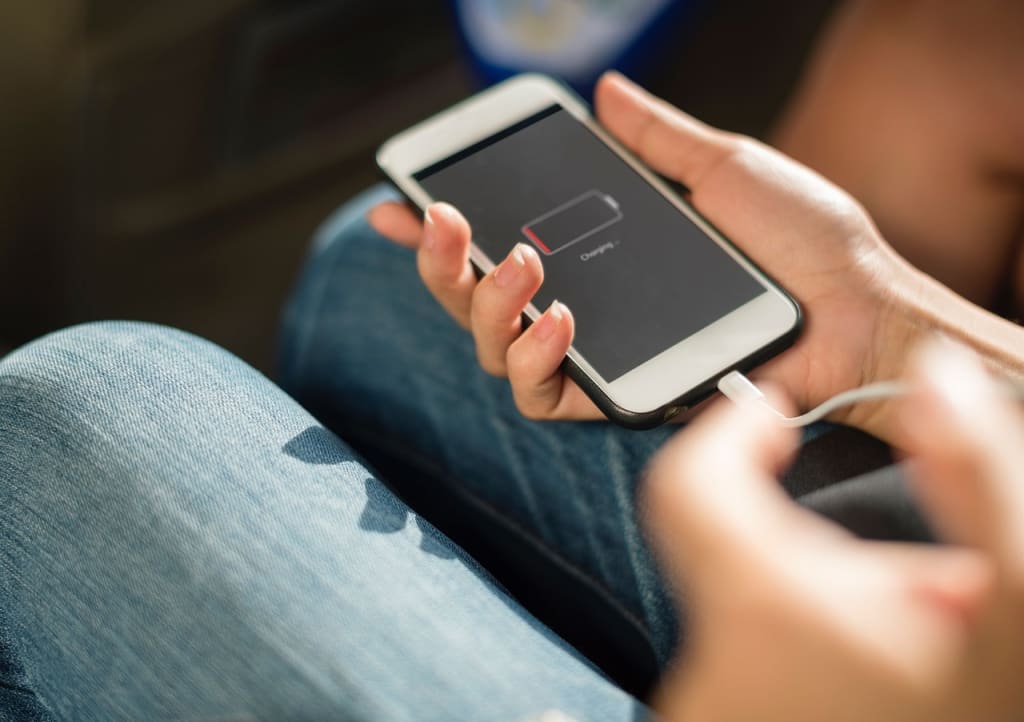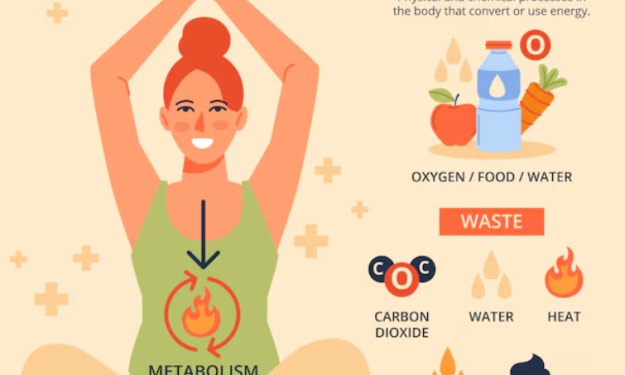Why your phone battery gets worse over time
I am somewhat exhausted; I wonder how my battery feels

A drop of gasoline, a lighter, and a battery can store energy, but only the battery can be recycled when it runs out of energy. Because, chemically, used batteries are no different from new batteries. Most of the batteries we use today work because some metals like to give up electrons and other metals like to take them. For example, in a lead-acid battery, the zinc metal reacts with the saturated ions, turning it into zinc oxide, which releases electrons to the negative terminal.
Electrons pass through the bulb and return to the positive terminal of the battery, where they are received by magnesium dioxide. Different batteries use different combinations of metals, sometimes the ones that don't resemble graphite, but the basic principle is to use chemical reactions in pairs to create a flow of electrons. In theory, almost all batteries, even disposable ones, can be charged. Because metals and other substances are still present. This is in contrast to the conversion of liquid hydrocarbon molecules such as gasoline to gas. You can't turn exhaust gas into gasoline, but with energy, you can turn zinc oxide into zinc. So what is the difference between this and this? In short, trying to charge the battery does not allow this reaction to work in reverse. This can also produce a series of side reactions that produce impurities, thereby reducing battery capacity; It can damage the internal structure of the battery, causing it to lose electrical contact and fail. Rechargeable batteries are designed to avoid this problem. Check out this lithium-ion battery.
Both sides have an atomic level structure, and you can imagine that there are many ports. So, when the battery charges something, the lithium "charger" releases its electrons to power the circuit, and then flow to the other side of the battery, landing in sequence, in order to meet the small ship now. -Electron energy. When the battery is charging, it turns off. Over hundreds or even thousands of charge cycles, some lithium-ion devices will deviate from their path, experience side reactions, and produce chemicals that increase the internal resistance of the battery. , the battery will eventually lose power and power until it eventually dies. Although this is the case, you can renew used batteries (regardless of whether they are rechargeable or not) by recycling them. At the heart of most battery recycling is a process called smelting, where the metal parts are simply melted. This removes the dirt and restores the metal to its original state. However, in many countries you cannot throw away household batteries unless they are recycled regularly.
You should take it to a battery collection point or recycling center. The same goes for hard rechargeable batteries: you have to take them to a collection point or return them to the company you bought them from. Although it's a hassle, it's worth the effort and time because recycling batteries is so important. This not only prevents the leakage of toxic battery metals into the environment, but also saves both small and large resources. There are approximately 22 million tons of lithium on Earth, enough to power 2.5 billion electric vehicles. That sounds like a lot, but that's only 25% more than what electric vehicle experts need to achieve zero emissions by 2050, and that number doesn't include laptops, phones phones and other devices that use lithium. ion batteries. But currently, most lithium-ion batteries are not designed with recycling in mind. The design is complex and non-standard, with parts that are held in a lock that cannot be broken. As a result, currently less than 5% of lithium-ion batteries are recycled. Legislation that clearly states who is responsible for used batteries and how to dispose of them will make recycling more efficient. For example, lead-acid batteries are highly rated and have a higher recycling rate than lithium-ion batteries. We'll need to recycle a lot of electric vehicle batteries in the next century, so scientists are working to make them cheaper and more environmentally friendly. Fusing uses a lot of energy and, depending on the nature of the battery, can deliver dangerous results. Laws, industry trends and our own choices, battery technology will continue to evolve. Concept-based batteries are currently being developed that can convert body energy, environmental sounds, and even urine into electricity. But if your first priority is to reach out to your primary source of inspiration, first, I'm sorry, but it takes a long time to pee.
About the Creator
Rowan Sharkawy
someone who love to know anything & share it with every one
welcome to my profile
Enjoyed the story? Support the Creator.
Subscribe for free to receive all their stories in your feed. You could also pledge your support or give them a one-off tip, letting them know you appreciate their work.






Comments
There are no comments for this story
Be the first to respond and start the conversation.